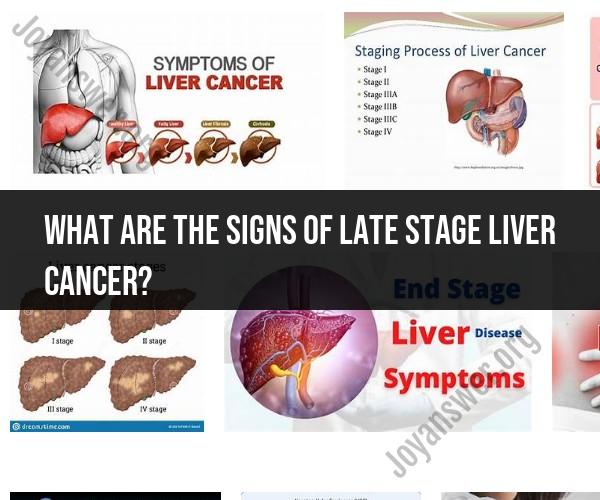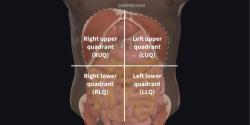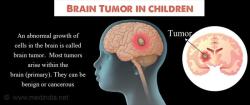What are the signs of late stage liver cancer?
Late-stage liver cancer, also known as advanced or stage IV liver cancer, can be challenging to treat and is associated with more severe symptoms. It's essential to recognize the signs and symptoms of late-stage liver cancer, although many of these symptoms can also be caused by other medical conditions. If you or someone you know is experiencing these symptoms, it's crucial to consult a healthcare professional for a proper diagnosis and treatment. Common signs and symptoms of late-stage liver cancer may include:
Jaundice: Yellowing of the skin and the whites of the eyes (sclera) due to the buildup of bilirubin in the blood. Jaundice is a common symptom of liver problems.
Abdominal Pain: Persistent, severe pain or discomfort in the upper right abdomen or around the liver area. This pain may radiate to the back or shoulder.
Enlarged Liver: A palpable enlargement of the liver, which may be felt as a lump or mass in the right upper abdomen.
Weight Loss: Unexplained and significant weight loss, often accompanied by loss of appetite and muscle wasting.
Fatigue: Profound and persistent tiredness and weakness that may interfere with daily activities.
Swelling (Edema): Swelling in the abdomen, legs, or ankles (ascites) due to fluid accumulation as the liver loses its ability to regulate fluid balance.
Nausea and Vomiting: Persistent nausea and vomiting, often related to impaired liver function and digestive problems.
Bleeding and Bruising: Increased susceptibility to bleeding and easy bruising due to decreased production of clotting proteins by the liver.
Confusion and Cognitive Changes: Hepatic encephalopathy, a condition in which toxins build up in the bloodstream and affect brain function, can lead to confusion, forgetfulness, and altered consciousness.
Dark Urine: Urine may become dark brown or tea-colored due to the presence of bilirubin.
Pale Stools: Stools may become pale or chalky in color due to reduced bile production.
Back Pain: Pain in the lower back, often due to the spread of cancer to nearby structures.
It's important to note that late-stage liver cancer is typically associated with metastasis, which means the cancer may have spread to other parts of the body, such as the lungs or bones. Therefore, symptoms related to the affected organs or structures may also be present.
Late-stage liver cancer is often diagnosed when the disease is advanced, and treatment options may be limited. Early detection and treatment of liver cancer offer the best chances of successful outcomes, so regular check-ups, screenings, and discussions with a healthcare provider are crucial, especially if you have risk factors such as a history of liver disease or hepatitis. If you or someone you know is experiencing any of these symptoms, seek medical attention promptly for a proper evaluation and diagnosis.












